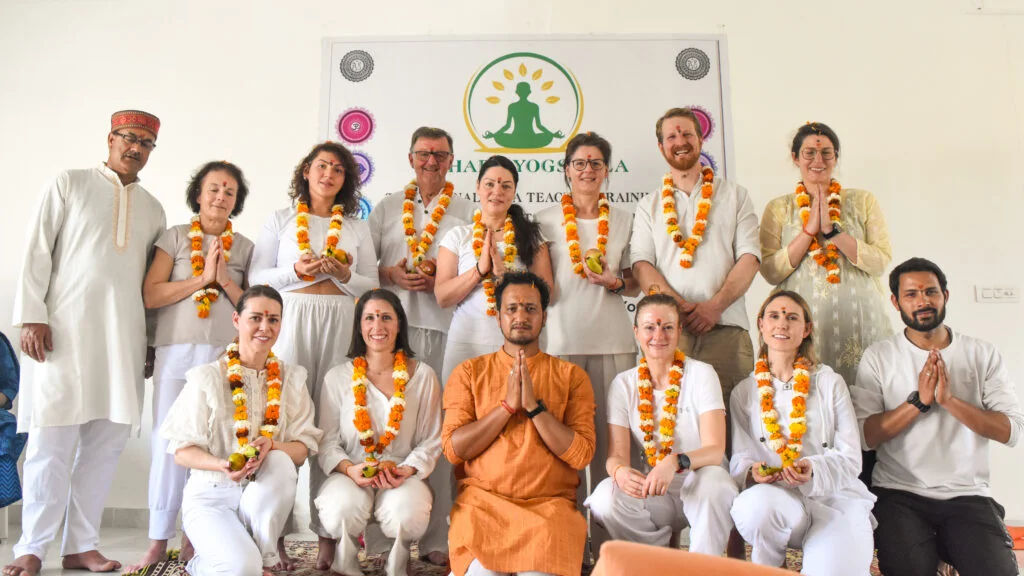
Yoga teacher training helps individuals by deepening their understanding of yoga philosophy, anatomy, and teaching techniques. It equips them with the knowledge and skills to lead safe and effective yoga classes, fosters personal growth and self-awareness, and often opens up opportunities for career advancement in the field of yoga instruction.
Let’s delve deeper into each aspect:
1. Yoga Philosophy: In yoga teacher training, participants explore the rich philosophical heritage of yoga, which includes ancient texts like the Yoga Sutras of Patanjali, the Bhagavad Gita, and the Upanishads.
They learn about concepts such as the eight limbs of yoga, the nature of the mind, the concept of self (Atman), and the interconnectedness of all beings (Samsara).
This philosophical understanding not only enriches their personal practice but also informs their teaching, allowing them to share the deeper aspects of yoga with their students.
2. Anatomy and Physiology: A foundational understanding of anatomy and physiology is crucial for teaching yoga safely and effectively. Trainees learn about the structure and function of the human body, including bones, muscles, joints, organs, and systems.
They study how different yoga poses impact the body, as well as common anatomical variations and contraindications. This knowledge enables teachers to offer modifications and adjustments tailored to each student’s unique body, ensuring a safe and beneficial practice for all.
3. Teaching Methodology: Effective teaching methodology encompasses a wide range of skills, including class planning, verbal cues, hands-on adjustments, and student engagement techniques.
Trainees learn how to create well-rounded classes that incorporate warm-ups, asana sequences, breathwork (pranayama), meditation, and relaxation techniques.
They also explore various teaching styles, such as alignment-based, vinyasa flow, yin, or restorative yoga, and discover how to adapt their teaching approach to different student populations and settings.
4. Practical Experience: Practical teaching experience is a vital component of yoga teacher training. Trainees have the opportunity to practice teaching in a supportive environment, receiving feedback and guidance from experienced instructors and their peers.
They learn how to confidently lead classes, manage time effectively, address students’ needs and concerns, and create a welcoming atmosphere conducive to learning and growth.
This hands-on experience helps them develop the skills and confidence they need to step into the role of a yoga teacher with competence and grace.
5. Personal Development: Yoga teacher training is not just about acquiring knowledge and skills; it’s also a transformative journey of self-discovery and personal growth.
Participants explore their own yoga practice on a deeper level, uncovering insights about themselves and their relationship to the world around them. Through asana, meditation, self-reflection, and group discussions, they cultivate qualities such as self-awareness, compassion, resilience, and authenticity.
This inner work is an integral part of becoming an effective and inspiring yoga teacher who can authentically connect with and support their students on their own paths of growth and self-discovery.
6. Professional Development: Completing a yoga teacher training program is the first step towards a career in yoga instruction. Graduates receive a certification that qualifies them to teach yoga classes at studios, gyms, wellness centers, schools, retreats, or private sessions.
Some may choose to specialize in specific styles or populations, such as prenatal yoga, yoga for seniors, or trauma-informed yoga. Others may pursue additional training or advanced certifications to deepen their expertise and expand their professional opportunities.
With the growing popularity of yoga and the increasing demand for qualified instructors, completing a yoga teacher training program can open up a world of possibilities for those passionate about sharing the practice of yoga with others.Overall, yoga teacher training is a comprehensive and transformative experience that equips individuals with the knowledge, skills, and confidence to become effective and inspiring yoga teachers, while also fostering personal growth, self-awareness, and professional development.
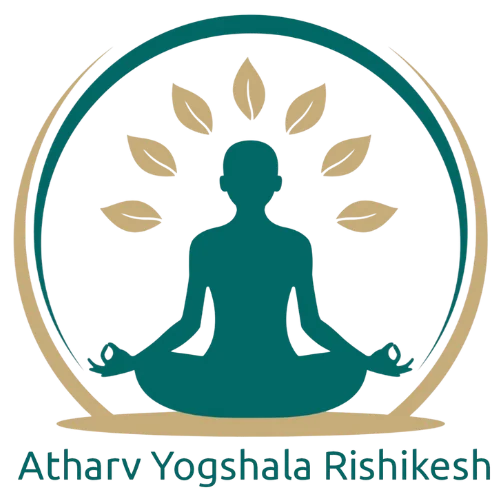
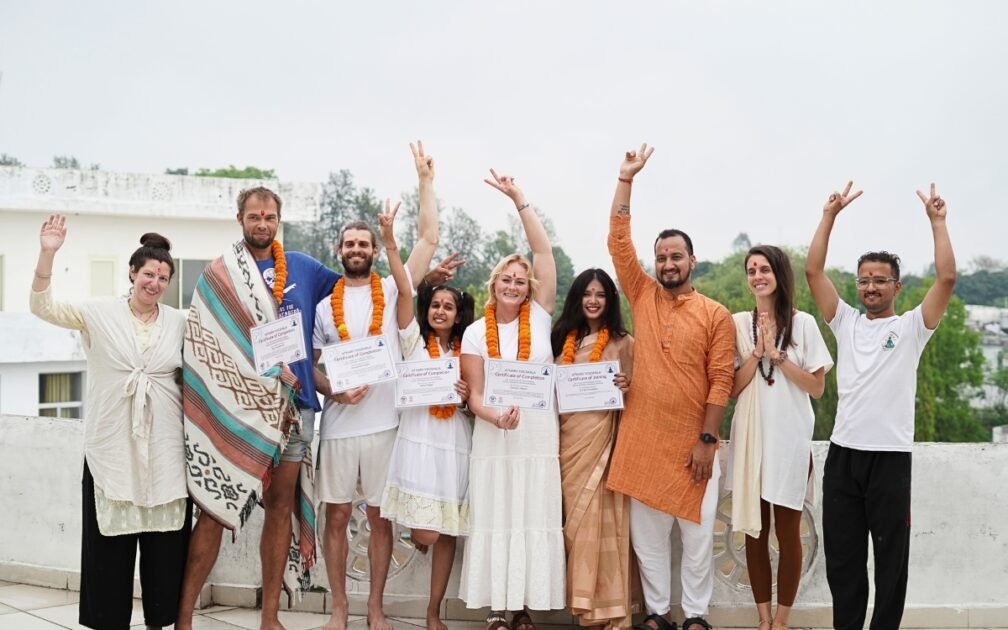
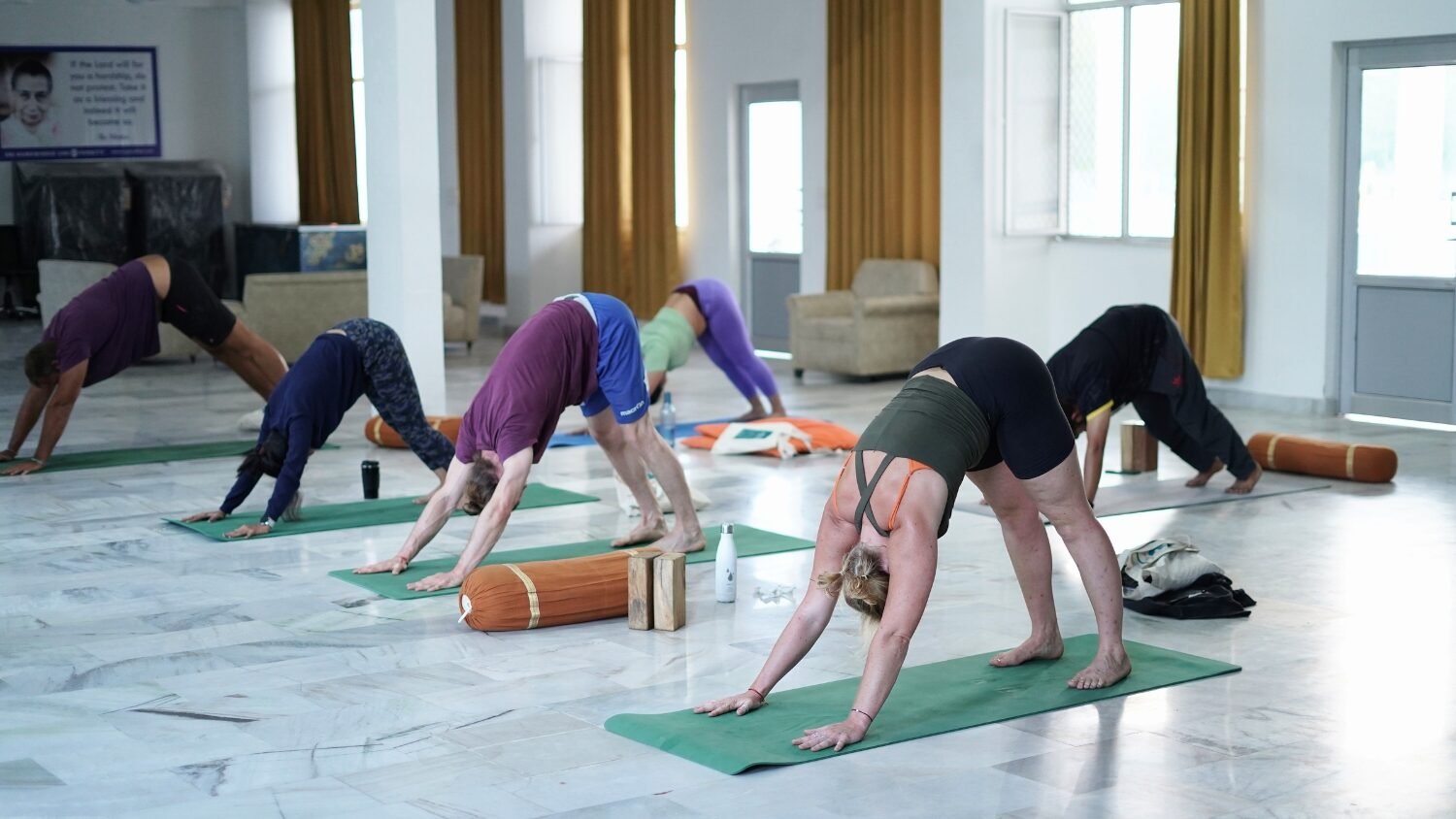
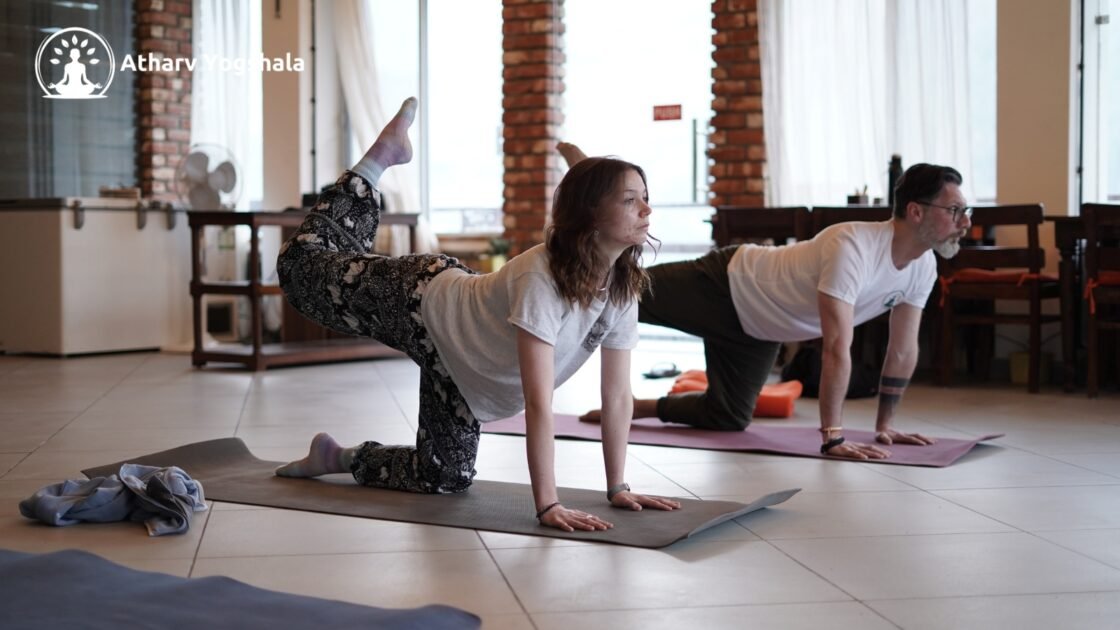


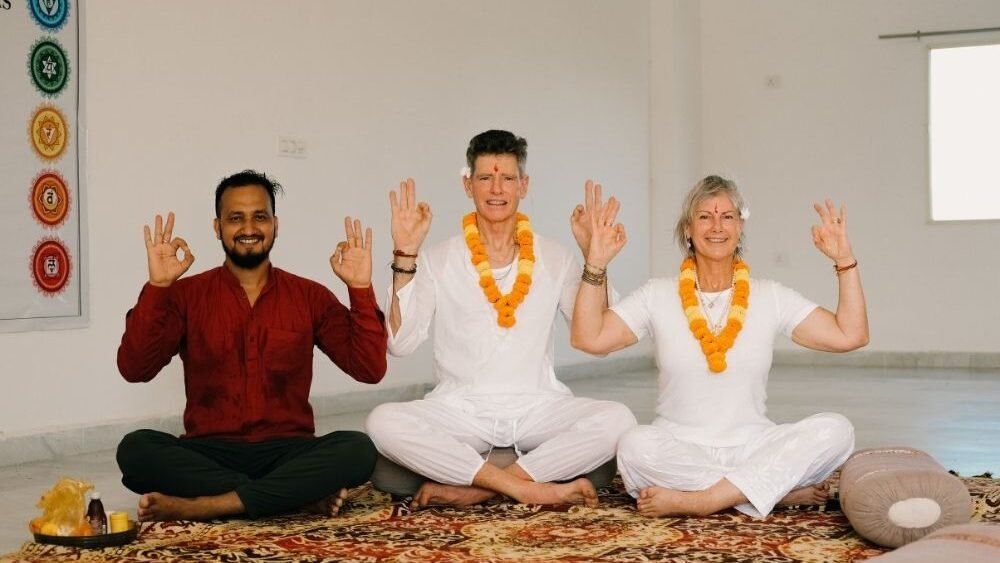

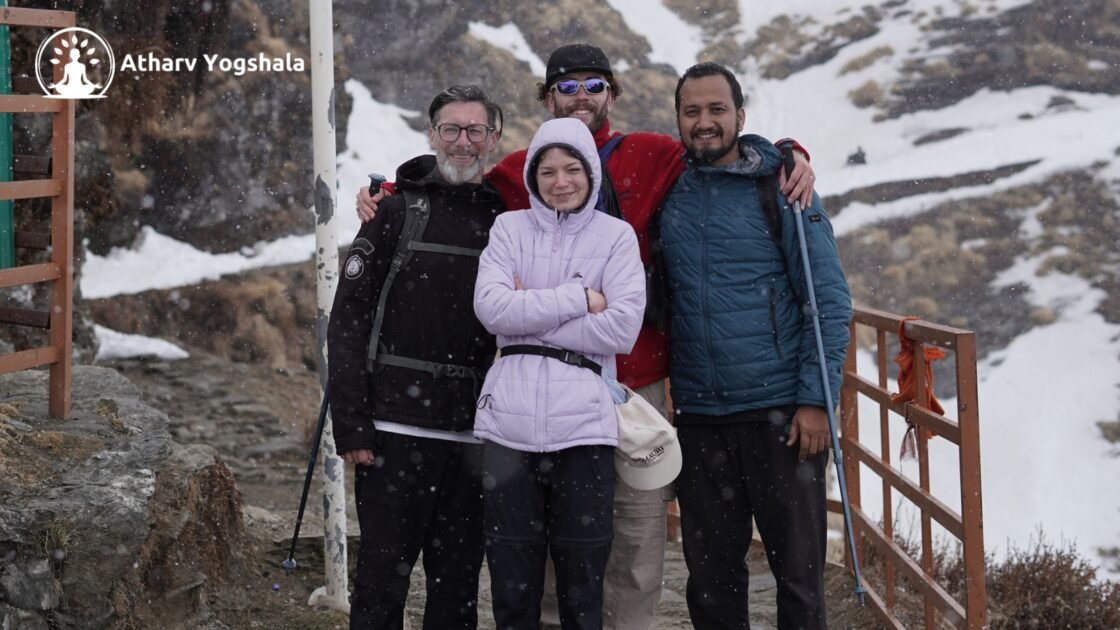



Leave a comment: